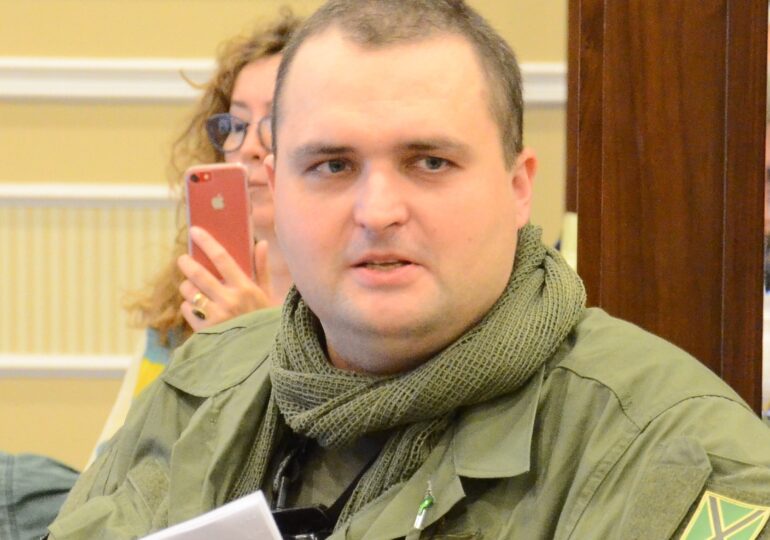The adverse reports, with rare propagandistic connotations, were not made by Ukrainians but, to the surprise of Western commentators, by Russians, former officers, army employees or experts. They were called „military bloggers” by the press.
A former sergeant of the 4th Motorized Brigade, deployed in the Russian-occupied territory of Lugansk in eastern Ukraine, shot himself in the head on the morning of 21 February.
In the Kremlin army, suicides are a common phenomenon. It’s a form of escape from the hell created by commanders, a last resort to give up the war.
But Andrei Morozov, 44, was not just any military man; he was a "military blogger".
His Telegram channel had more than 100,000 followers, and his posts were often critical of Russian military operations.
He decided to shoot himself in the head, blaming the pressure he was under from his commanders and Russian propagandists after he wrote a text în care unannounced that 16,000 Kremlin soldiers had been sacrificed in the conquest of Avdiivka. He wondered why so many lives were being wasted.
The first war, live on phone screens
In a lengthy letter found in his home after his suicide, Morozov says that he was forced to do this because of threats from a colonel, who had received orders from Moscow, and criticism from Vladimir Soloviov, the Kremlin's most influential propagandist, who makes a series of TV and radio broadcasts promoting Putin's messages.
With Morozov's elimination, an era in Russia ends. It was a time when the social platforms Telegram and VKontakte, which are popular in the country, also featured messages critical of the armed forces.
With the onset of the invasion in February 2024, the number of war-related posts on social media exploded.
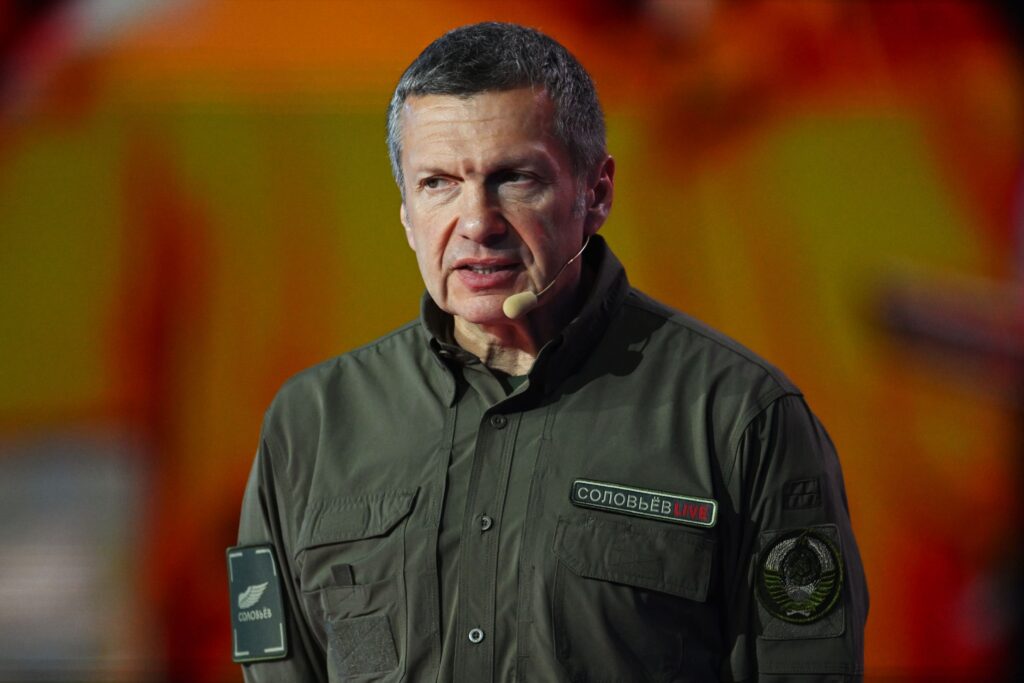
The Ukrainian forces took advantage of the public interest in the West in the fighting, and on the official accounts and pages of both the army and some government representatives, they carried out a communication strategy in which they presented, as transparently as they could, the suffering of the civilian population affected by bombings and military attacks, as well as the heroism with which Ukrainian soldiers fought.
In addition to these official and semi-official channels of information, those of experts, former career soldiers, journalists on the ground, private individuals, witnesses to the fighting, the conduct of operations, or victims forced to withdraw from the war have emerged.
This created a world of digital communication where the whole world could watch the war live on mobile phone screens.
Kremlin response to Ukraine's communication campaign
The possibility was a strategic advantage for Volodimir Zelensky, who had arguments to ask for Western help but also for the support of international public opinion, witness to the atrocities committed by Russia.
Vladimir Putin and his associates have had no particular communication strategy about the war. They didn't care, especially since their plans were short-lived, hoping military operations would last from three days to a maximum of two weeks.
The Russian president, in addition to the military crisis caused by the defeats in Ukraine, realized that all the weaknesses of his military and policy were exposed to an audience of billions. That is why he urgently sought a solution to resolve the situation.
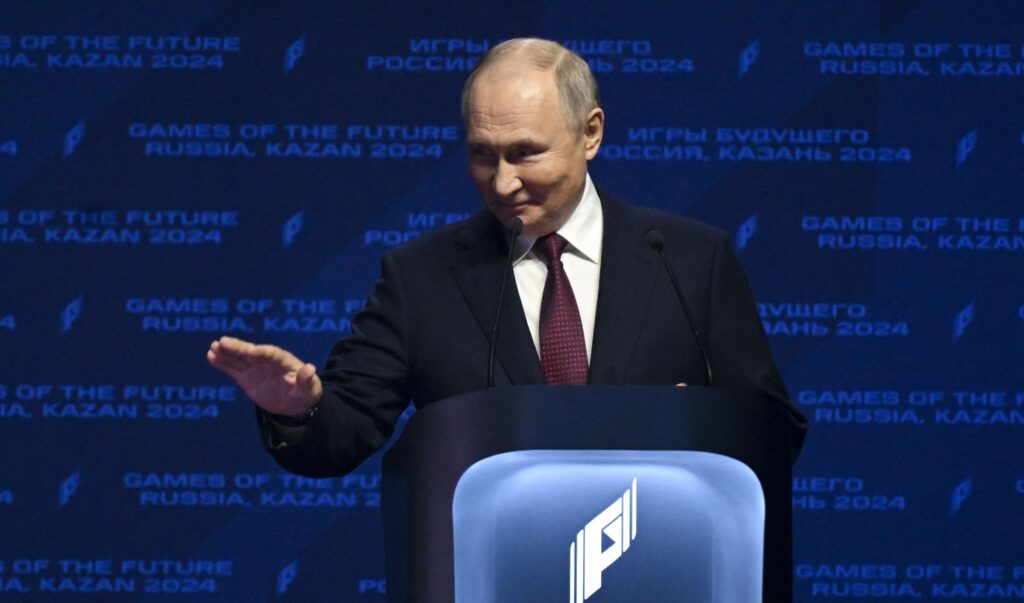
This is how "military bloggers" emerged, Russians who began to report on the war, addressing the public at home.
To have credibility, they were not censored, and many of them criticized Defence Minister Sergei Shigu and exposed the errors of military commanders and those of Valery Gherasimov, the Russian army strategist.
How to promote a war
The "military bloggers" operation was led by Yevgeny Prigozhin, the founder of the Wagner mercenary group, who developed a series of websites and "social media" accounts promoting Wagner, the mercenaries' military victories, but also polishing his own image, and Igor Girkin, a former FSB agent responsible for bringing down of the Malaysian Airlines Boeing 777 passenger jet, on a flight from Amsterdam to Kuala Lumpur.
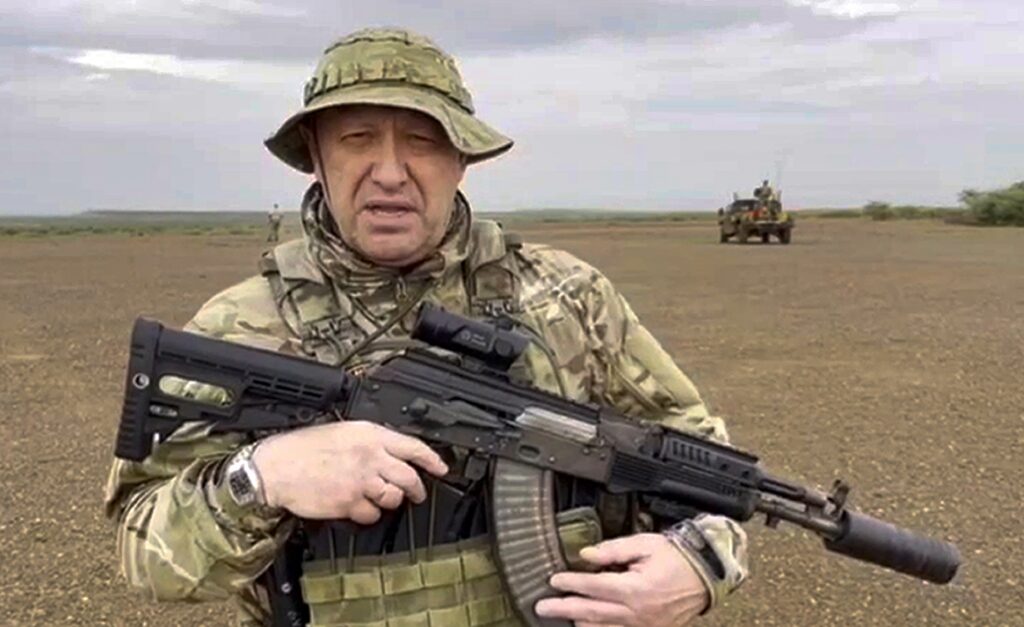
The two revolved around Putin and could have been controlled by the intelligence services, as happened in the end, with Prigojin being killed by the FSB and Girkin sentenced to four years in prison.
Other accounts and blogs, with more or less subscribers, have sprung up around the two and their associations, reporting on the unfolding war.
Some were more critical of the military, others neutral, and the last and most crucial category included propagandists who reacted to the posts of the first two categories, trying to minimize their impact or praising military decisions.
The Kremlin's solution to filling the information vacuum in Russia about the war tempered the influence of Ukraine's communication campaign and created a sense of support for the war in a part of Russian society, which was vital for Putin's political survival in the context of the humiliations suffered on the front.
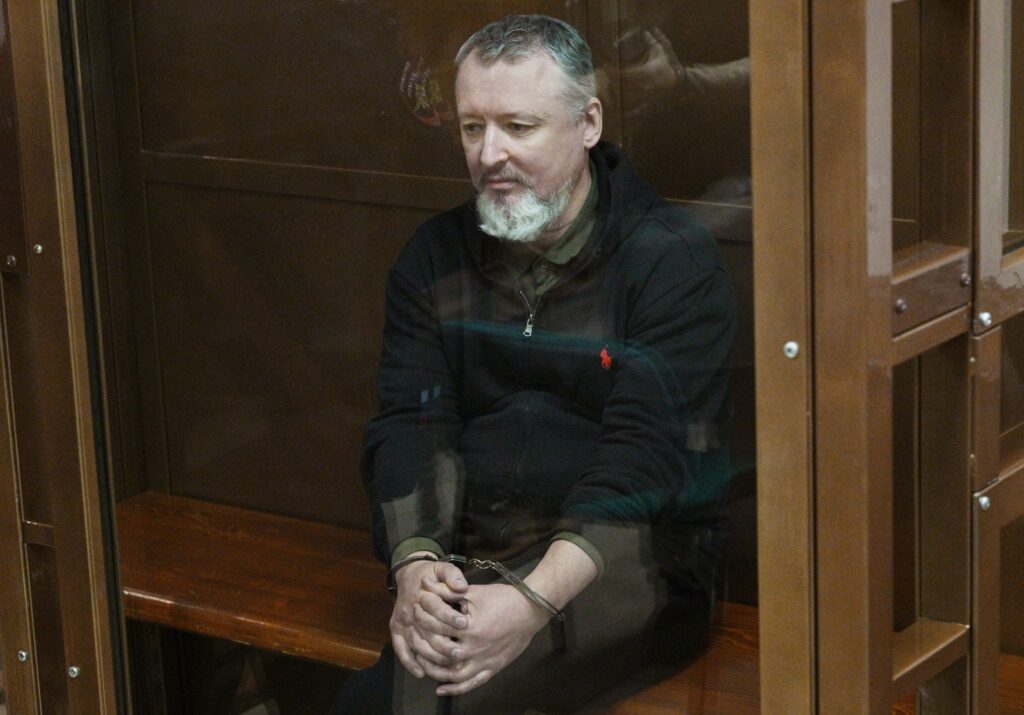
Censorship is back
Over a period of a year, a year and a half, much of the information about Russia's military actions, the morale of Kremlin troops, and the interactions between military and civilian leaders has been decrypted by Western experts, political leaders and journalists following the accounts of military bloggers, posts and online debates taking place in the Russian communication space.
But after Yevgeny Prigozhin's failed coup attempt, followed shortly by his removal by the FSB, Girkin's criticism of Putin and his immediate arrest, the Kremlin began to temper and control the blogging movement, imposing restrictions and passing laws against "discrediting the forces armed ".
The removal of Morozov, the owner of a Telegram channel relatively small for the Russian social media market, 100,000 followers, for publishing the number of Russian service members killed at Avdiivka, was a signal that Putin no longer accepts criticism of the military or the publication of information about what is happening on the front.
Vladimir Putin's state of mind
So Russia's leading military communication channel remains Rybar, created by Mikhail Zvinchuk, a former Defense Ministry press officer, who has over a million followers on Telegram.
Only Kremlin-approved information is published here, promoting the army's achievements, with no additional data or views on what is happening on the front.
The blocking of even this relatively free communication zone, launched by the Kremlin to counterbalance information coming from Ukraine, says something about Vladimir Putin's mood, who now feels threatened by any criticism and form of opposition.

